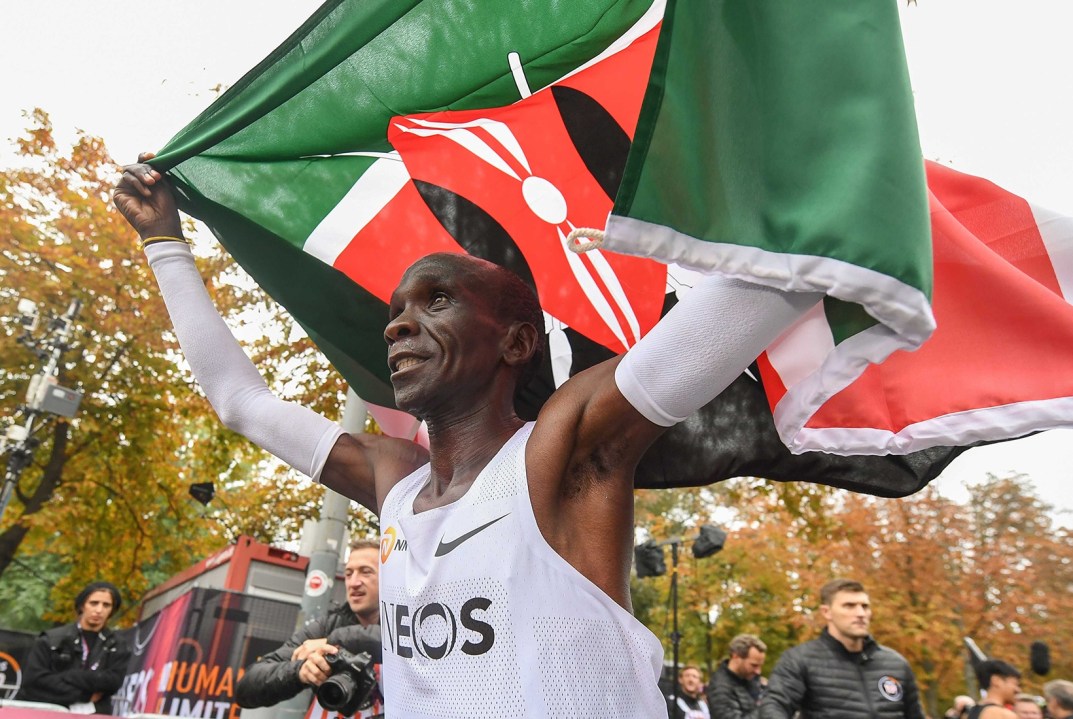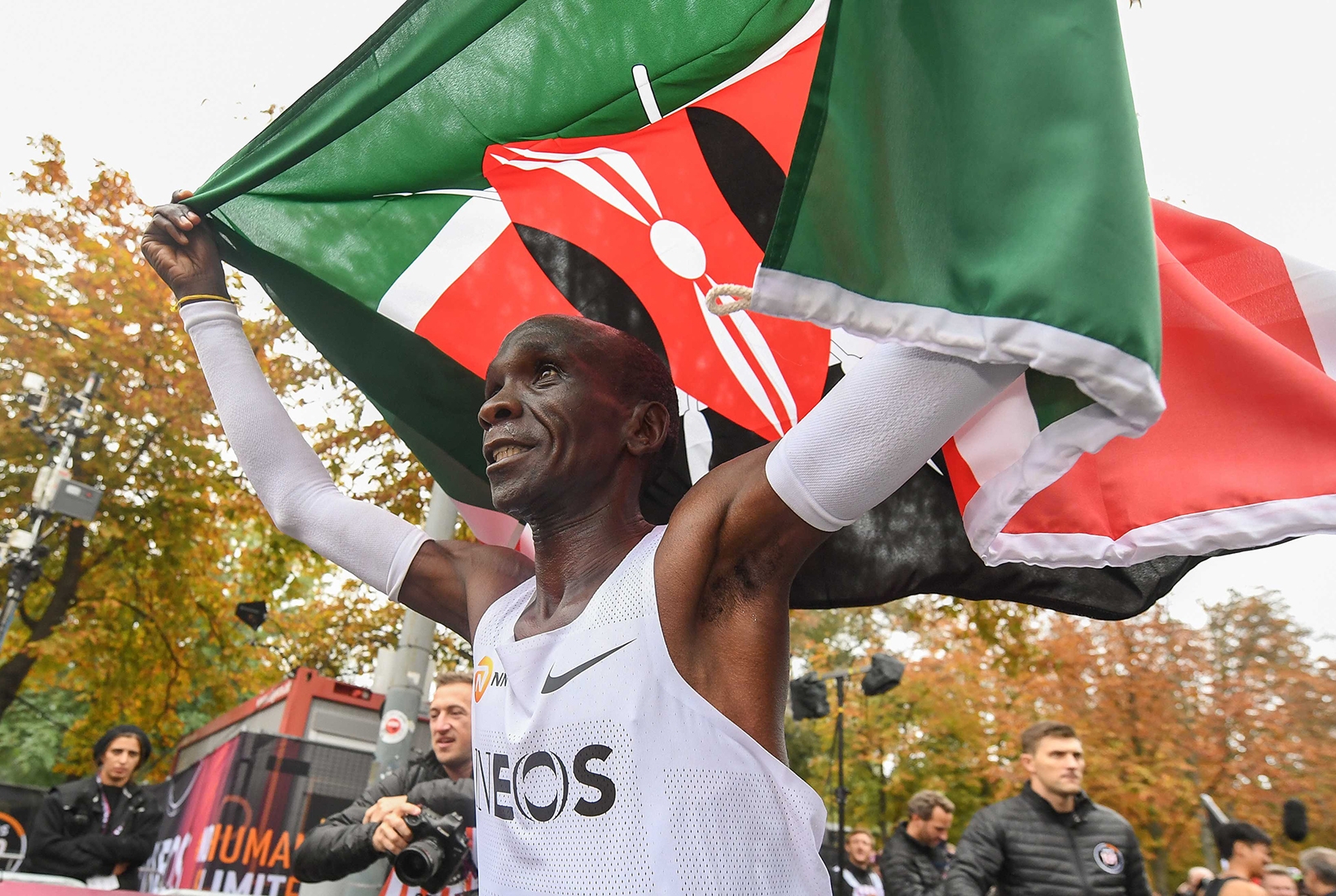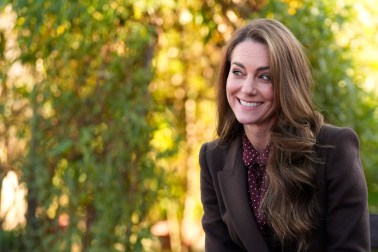I’ve not been allowed anywhere near the TV remote control this week because of some kind of infernal sporting event taking place in Japan. You may gather that I have mixed feelings about the Olympics: on the one hand, I like most of the competitors, who are so much more affable and modest (those delightful Gadirova twins!) than the overpaid, overindulged prima donnas who recently took part in the Euros. Also, it’s impossible not to get sucked into the drama of individual stories such as that of Beth Schriever, the humble, underfunded former teaching assistant who took gold in the women’s BMX.
But on the other, it’s bread and circuses pushing familiar topics: the transgender Kiwi in the women’s weightlifting; the empty seats in the arenas; the ludicrous mask theatre; the touchy-feely and wrong notion that when you choke in the women’s gymnastics competition you can invoke ‘mental health’ and suddenly you get more public sympathy than if you’d won gold; the two men’s high jumpers being applauded for agreeing to share the gold medal rather than fight for it (great! How about we give everyone a shiny disc now and just give up on that nasty, divisive winners and losers nonsense?).
It’s even more annoying if you watch it on the BBC, which seems to be dedicating more time to inane, socially distanced studio chat (from Salford, pretending to be Tokyo via a green-screen backdrop) than it does to actual live sport. This is because the International Olympic Committee has sold the European television rights to the US Discovery channel, so the BBC is allowed to show only two live events at one time.
Kipchoge had to maintain an average mile rate of just over four and a half minutes for 26 miles
Some of the anchors are rock-solid, such as the reassuringly familiar Clare Balding. But I cannot for the life of me see the point of Alex Scott, who has nothing to say — and says it really irritatingly. As former minister Lord (Digby) Jones has rightly grumbled: ‘Competitors are NOT taking part, Alex, in the fencin, rowin, boxin, kayakin, weightliftin & swimmin.’
This led to a typically confected row in which the usual gatekeepers hurried to accuse Jones of ‘snobbery’, ‘sexism’ and so on. It’s nothing of the kind. Jones, himself a down-to-earth Brummie, not a belted earl, was making the perfectly reasonable point that if you’re going to get a fancy, well-paid, influential job as one of the faces of BBC TV, it ought to be a bare minimum that you can speak properly and if you can’t, then you should have elocution lessons.
Happily — though I don’t remember subscribing; maybe it was the kids? — we seem to have Eurosport, so we’ve been watching mainly on that. Not only do you see a lot more actual sport but the commentary often seems to be more informed and less bland, such as the entertaining double act (Nick and Vince, I think they’re called) who enlivened the gymnastics.
Kipchoge: The Last Milestone had all the ingredients for a great documentary, including as it did at least two of the things I love — Kenya (what I wouldn’t give to be camping by Lake Turkana right now) and long-distance running (the only sport I was good at at school) — plus the pedigree of being produced by Ridley Scott and directed by his son Jake.
But Jake cut his teeth directing rock videos and adverts and maybe that’s why, though it was nice to look at (Kenyan athletes striding magnificently through the red dirt; misty Vienna where the record was ‘broken’), it all felt a bit shallow and superficial, like an extended commercial for the Kenyan running team’s sponsor Nike.
But the story is extraordinary: Eliud Kipchoge is the first man in history to have run a marathon in under two hours. To put this in perspective, remember how excited we got when Roger Bannister ran the first mile in under four minutes? Well, Kipchoge had to maintain almost that pace — an average mile rate of just over four and a half minutes — for 26 miles: effectively, long-distance sprinting.
It didn’t help that Kipchoge is not a particularly charismatic character. He just happens to be good at running long distances fast. Maybe the most interesting thing about him is that though he’s officially just 36 he looks older than me. Even though he ran the marathon distance in one hour, 59 minutes and 40 seconds, his feat does not count as a world record because it wasn’t done under normal marathon conditions: he had pacesetters, no spectators or fellow competitors, and a car using lasers showing him exactly where to run on the road for optimal performance.








Comments